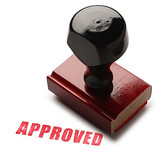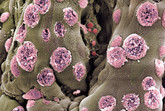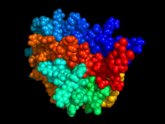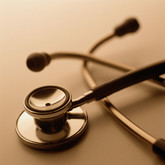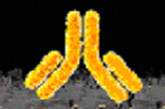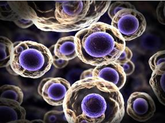Biosimilars
Regulation of similar biotherapeutic products in Latin America
Regulation of similar biotherapeutic products (SBPs) in Latin America varies widely among different countries and, although many countries have yet to introduce guidance for biosimilars, the region is moving towards increasing standards of regulation for these products [1, 2].
EMA approves first monoclonal antibody biosimilar
The European Medicines Agency’s (EMA’s) Committee for Medicinal Products for Human Use (CHMP) announced on 28 June 2013 that it had recommended granting of marketing authorization for the first monoclonal antibody biosimilar, marketed under two trade names, Remsima (Celltrion) and Inflectra (Hospira) with different marketing authorization, different EPAR, and different packaging.
Biosimilars applications under review by EMA – 2013 Q2
Last update: 15 October 2013
The European Medicines Agency (EMA) is the body responsible for approval of biosimilars within the EU. A legal framework for approving biosimilars was established in 2003. Approval of biosimilars is based on an abbreviated registration process, which allows biosimilars manufacturers to provide a reduced package of information compared to originator drugs, provided they can prove ‘similarity’ to the originator or reference drug.
Infliximab biosimilar comparable to Remicade
South Korean biotechnology company Celltrion presented results of its extended trials for its biosimilar infliximab candidate Remsima (CT-P13) at the European League Against Rheumatism (EULAR) 2013 Conference, which was held in Madrid, Spain on 12–15 June 2013.
Erythropoietin biosimilars in bone marrow transplantation and stem cell donation
Combination therapy with granulocyte colony-stimulating factor (G-CSF) and erythropoietin (EPO) has been used with the aim of accelerating the recovery of red blood cells following autologous bone marrow transplantation [1]. Previous studies have shown, however, that this practice has no significant effect on erythroid recovery and transfusional requirements.
Robust data for biosimilar trastuzumab programmes presented
Celltrion and Pfizer have presented robust data from their respective biosimilar trastuzumab programmes at the ASCO (American Society of Clinical Oncology) 2013 Annual Meeting held on 31 May to 4 June 2013.
Pfizer to start trial for biosimilar adalimumab
Pharma giant Pfizer is once again expanding its pipeline of biosimilars and is set to start a phase I study for its biosimilar adalimumab candidate (PF-06410293) according to ClinicalTrials.gov, the US clinical trials website.
Sandoz comments on EMA’s new draft biosimilars guidance
Sandoz, the generic drug division of Swiss drug giant Novartis, is pleased that the European Medicines Agency (EMA) has issued a draft revised guideline on non-clinical and clinical issues in biosimilar product development.
Call for clarity in FDA’s draft guidance on biosimilar meetings
Drug companies have made comments on FDA’s draft guidance for industry on formal meetings between the agency and biosimilars manufacturers. They believe that the guidance needs some revision to protect data and provide clarity.
Use of G-CSF biosimilars for reduction of fever
The American Society of Hematology, the British Society of Haematology, the European Society of Hematology and the European Group of Bone Marrow Transplantation all recommend the use of granulocyte colony-stimulating factor (G-CSF) after transplant in order to reduce the time to neutrophil recovery and the number of days with fever.

